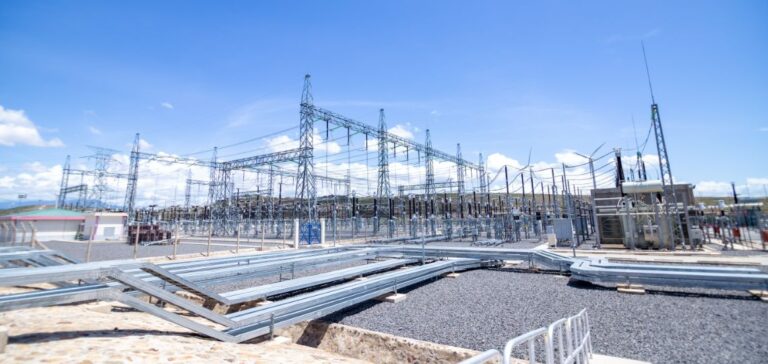The global expansion of electricity transmission grids is struggling to keep up with rising electricity demand, exacerbated by prolonged delivery times and soaring costs of essential components, according to a recent report by the International Energy Agency (IEA). Since 2021, procurement times and costs for key elements such as transformers and cables have nearly doubled, creating significant obstacles for grid developers.
The IEA notes that increasing global energy consumption, driven by the electrification of industrial sectors, the growing use of electric vehicles, heat pumps, and data centres, is putting additional pressure on existing infrastructure. This growing demand coincides with the transition to the electricity age, where modernising grids is considered crucial for ensuring energy security and reliable electricity distribution.
Supply chain challenges slowing projects
While project permitting remains the primary cause of transmission project delays, particularly in advanced economies, supply chain issues have become a major bottleneck. According to an IEA industry survey, procurement lead times for large transformers and cables have doubled compared to 2021, now reaching two to three years for cables and up to four years for transformers. Some specialised components face even longer delays, including direct current cables used for long-distance transmission, with wait times exceeding five years.
Cost increases have followed the same trend. In real terms, cable prices have nearly doubled since 2019, while transformer prices have risen by approximately 75%. This surge is attributed to growing demand for specific equipment and mounting pressure on global supply chains, already affected by logistical challenges and rising raw material costs.
Offshore wind driving additional demand
The rapid expansion of offshore wind projects has intensified the demand for high-voltage subsea cables, a critical component for connecting large-scale offshore farms to onshore grids. The simultaneous development of multiple projects worldwide is further straining supply chains, complicating the situation for grid developers.
Manufacturers have responded by announcing investments to increase production capacity, but these measures take time to materialise. Additionally, the IEA highlights ongoing uncertainty about future component demand and the availability of skilled labour, which could slow down these efforts. Currently, approximately 8 million people work in the construction, maintenance, and operation of electricity grids, but the workforce will need to grow by at least 1.5 million by 2030 to meet projected demand.
Urgent need for additional investment
Although global investment in electricity transmission increased by 10% in 2023, reaching $140 billion, the IEA estimates that annual investment must exceed $200 billion by the mid-2030s to keep pace with rising demand. This investment requirement is coupled with the need for better visibility into future demand, ensuring optimal infrastructure development and securing component supply.
To address these challenges, the IEA recommends improving the advance planning of infrastructure needs, enhancing procurement frameworks, and promoting supply chain diversification. The agency also advocates streamlining permitting processes, optimising existing grid infrastructure through digital technologies, and implementing measures to attract and train more skilled workers in the sector.






















